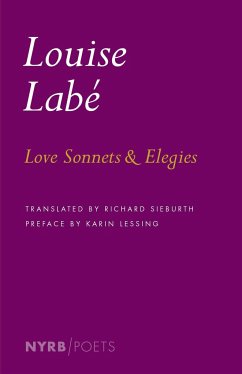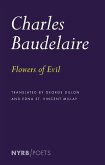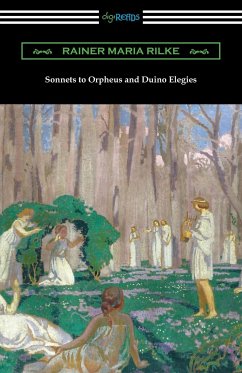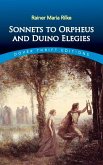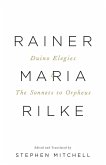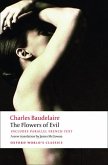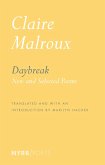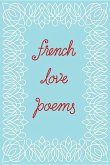Louise Labé, one of the most original poets of the French Renaissance, published her complete Works around the age of thirty and then disappeared from history. Rediscovered in the nineteenth century, her incandescent love sonnets were later translated into German by Rilke and appear here in a revelatory new English version by the award-winning translator Richard Sieburth.
Hinweis: Dieser Artikel kann nur an eine deutsche Lieferadresse ausgeliefert werden.
Hinweis: Dieser Artikel kann nur an eine deutsche Lieferadresse ausgeliefert werden.

